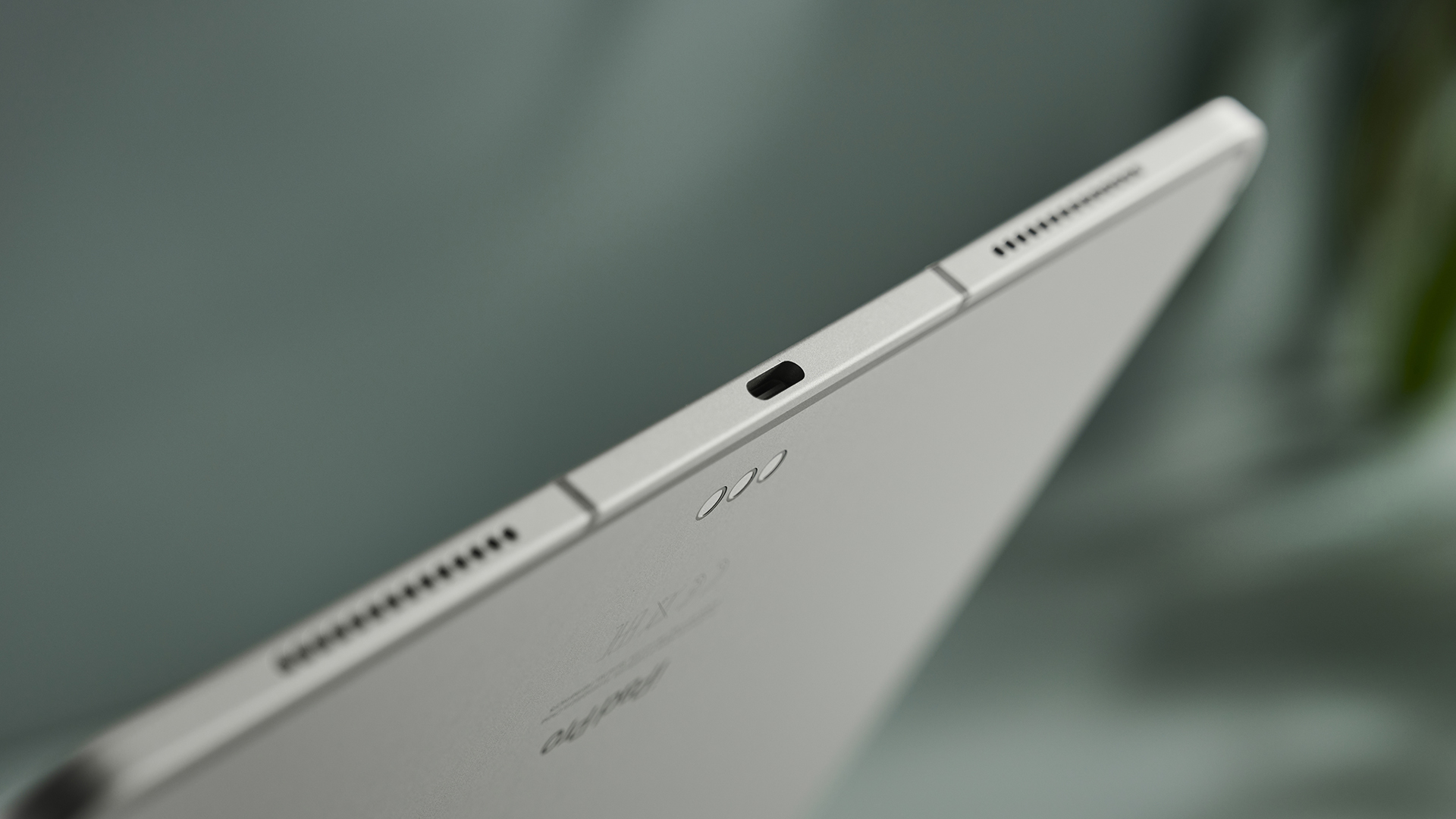iPad Pro is a sign of things to come from iPhone, Apple Watch and MacBook
Apple's going all-in on thin for future MacBooks, iPhones and the Apple Watch too


Get all the latest news, reviews, deals and buying guides on gorgeous tech, home and active products from the T3 experts
You are now subscribed
Your newsletter sign-up was successful
Quick Summary
Apple's iPad Pros are the shape of thins to come: Apple plans a significantly thinner iPhone 17 as well as thinner MacBook Pros and Apple Watches. That engineering will pay dividends for future folding iPhones and other devices.
One of the most dramatic differences between the new iPad Pros and their predecessors is how thin they are. At just 5.1mm thick compared to 6.4mm for the previous model, Apple says that the 13-inch OLED iPad Pro is the slimmest product it has ever shipped – thinner even than the iPod nano. And it looks like Apple's going to be putting some of its other premium products on the Ozempic too.
That's according to Bloomberg's Mark Gurman who says that for future Apple products, thin is in. The company intends to create a "significantly thinner" iPhone 17, and it also intends to slim down the MacBook Pro and the Apple Watch. And in the longer term, thinner devices would pave the way for Apple's much-rumoured foldables too.
Why size matters with Apple's portables and wearables
Apple has been obsessed with thin in the past, to the point of making mistakes: for many MacBook Pro buyers, sacrificing ports and battery capacity to shave a couple of millimetres off the laptop was a step too far. You could also argue that Apple's thin obsession led it to ruin a perfectly good laptop keyboard, a decision that was thankfully reversed.
What's different this time around is that the thinness is a by-product of different display technologies: the same OLED that enabled Apple to make the iPad Pro so slim will be coming to Apple's laptops too. That should enable Apple to cut the thickness without cutting any corners or making any sacrifices, making its mobile Macs more portable without making them less powerful.
The Apple Watch could do with a thinner case too: it's a pretty chunky thing, and when you're talking wearables even a slightly slimmer case would be a big improvement. By all means keep the Apple Watch Ultra 2 as the chunky option, an alternative to hefty diving watches and similarly sporty goods, but for everyday wearables thinner would be better.
As for the iPhone, while making it slimmer would make it more pocket- and purse-friendly there's one big stumbling block in the Pro models in particular: the cameras. My iPhone 15 Pro Max is already a pretty chunky thing and that's before you take the camera bump into consideration. Given that camera performance is one of the key differentiators between different firms' flagships, there's a tension there between Apple's love of thin and its desire to win.
Get all the latest news, reviews, deals and buying guides on gorgeous tech, home and active products from the T3 experts

Writer, musician and broadcaster Carrie Marshall has been covering technology since 1998 and is particularly interested in how tech can help us live our best lives. Her CV is a who’s who of magazines, newspapers, websites and radio programmes ranging from T3, Techradar and MacFormat to the BBC, Sunday Post and People’s Friend. Carrie has written more than a dozen books, ghost-wrote two more and co-wrote seven more books and a Radio 2 documentary series; her memoir, Carrie Kills A Man, was shortlisted for the British Book Awards. When she’s not scribbling, Carrie is the singer in Glaswegian rock band Unquiet Mind (unquietmindmusic).